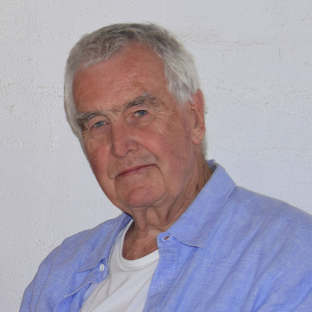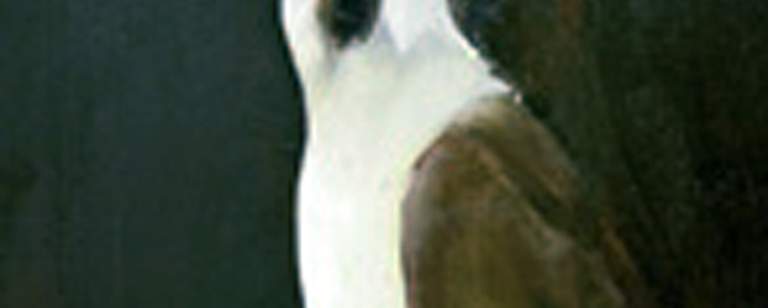Ian Johnston is the eminent translator of ancient Chinese poetry and philosophy, published in Hobart, Hong Kong and New York. Barry Hill is the celebrated poet and historian who has won numerous awards, most recently the ACT’s 2008 Judith Wright Award. Ian will be reading from his new book, Waiting for the Owl: Poems and Songs from Ancient China, and Barry from his Four Lines East, his responses to India, Thailand and Japan.
In this night of reading and discussion, they come together to celebrate and share memorable poetry with a mind to the enterprise of translation.
Supported by the Australian Poetry Centre.

Featuring

Barry Hill
Barry Hill is a multi-award winning writer of poetry, history, biography, fiction and reportage.
Reason and Lovelessness is his latest collection of essays variously published in Australia, India and London. It includes ‘satellites’ of his major works – such as Sitting In (1992), a landmark memoir in labour history; Broken Song: TGH Strehlow and Aboriginal Possession (2002), a literary biography on Aboriginal and frontier poetics; and Peacemongers (2014), a pilgrimage book about Rabindranath Tagore and Mahatma Gandhi in the years leading up to the atomic bombing of Hiroshima and Nagasaki.
Other essays are new: ‘Brecht’s Song’, on his working-class mother; ‘Dark Star’, an expansion of his meeting with Christina Stead on her 80th birthday; ‘Loving Roughneck’, his critical appreciation of John Berger; and ‘On the Edge of the Cliff’, on his private meeting with the Dalai Lama in the Blue Mountains.
As has been the case with his book-length works, Hill’s essays collected in Reason and Lovelessness are freshly, deeply researched, genre-crossing, multi-disciplinary, combining the candidly personal with the philosophical.
Hill was born in Australia and educated in Melbourne and London, where he worked as a psychologist and a journalist (the Age and the Times Educational Supplement). He has been writing full-time since 1975.
His short fiction has been widely anthologized, some of it translated into Chinese and Japanese. He writes libretti and has done much work for radio. Broken Song: TGH Strehlow and Aboriginal Possession (Knopf 2002) has been described as ‘one of the great Australian books’ (John Mulvaney) and ‘a major event in Australian high culture’ (Robert Manne). Necessity: Poems 1996-2006 won the ACT’s 2008 Judith Wright Prize. Lines for Birds, collaboration with the painter, John Wolseley, was short-listed for the 2011 Queensland Premier’s Award. His latest book is Naked Clay: Drawing from Lucian Freud.
Hill also worked as a radio critic on the Age for 15 years. Between 1998 and 2008, he was Poetry Editor of the Australian, and between 2005 and 2008 was a post-doctoral fellow at the University of Melbourne. For decades, he has aspired to be a good Buddhist.
Ian Johnston
Ian Johnston is a linguist, translator and former neurosurgeon.
In 1999, Ian Johnston retired from his work as a neurosurgeon in Sydney where he had spent the previous 25 years. He moved to South Bruny Island to live a life of relative seclusion and to devote himself to his several non-medical interests – in particular, to indulge his lifelong passion for ancient languages. Much of his time is now spent in translation. In Chinese, his focus is on philosophy and poetry. He has published two books of translation of early Chinese poetry.
Both have been illustrated by Susan Collis; the earlier one (Singing of Scented Grass) together with the two other members of the now sadly defunct Forest of Brushes school of Chan painting, and the later one (Waiting for the Owl) alone. In philosophy, he has published a complete translation of the seminal ancient text, The Mozi, and in collaboration with the Chinese academic, Wang Ping, has translated two early Confucian texts (Using the Centre and The Highest Learning) to be published early next year.
His translations from Classical Greek focus on medicine and ancient science, and especially on the work of Galen. His translations of four Galenic works on the theoretical foundations of medicine were published in 2006. A translation of Galen’s therapeutic magnum opus, The Method of Medicine, will be published next year as part of the Loeb Classical Library.
